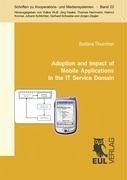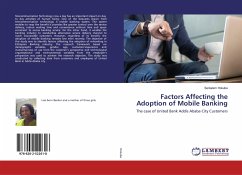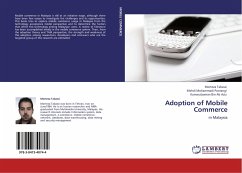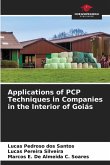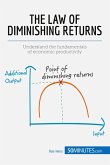The integration of mobile workplaces is a major challenge for companies from a technical as well as a business process perspective. Market pressure, increasing competition and an increased demand on information readiness, generate the necessity to include mobile workforce into company IT and business processes. This can be reached by equipping mobile workforce with mobile devices to make them independent from desktop information systems. Within this book interdisciplinary approaches from Human Computer Interaction and Business Process Management are combined to foster tool acceptance among mobile workforce. Furthermore, we investigated technical, process and individual aspects of mobile tool integration into existing, reengineered business processes. For the projected improvement of Key Performance Indicators (KPI) empirical evidence was gathered within five industry case studies, and recommendations for action when introducing mobile tools into an existing process, were elaborated. Moreover, a prototypic mobile help desk tool was implemented and usability tested to investigate contributions of Usability Engineering to KPI improvement. Major results are (a) same typical business process metrics are affected after mobile tool deployment in different IT-Service companies, (b) major process improvements arise not from faster job processing but from faster and more accurate data access and transmission and (c) user participation in software development as well as business process reengineering fosters tool acceptance and reduces the payback period.
Hinweis: Dieser Artikel kann nur an eine deutsche Lieferadresse ausgeliefert werden.
Hinweis: Dieser Artikel kann nur an eine deutsche Lieferadresse ausgeliefert werden.

